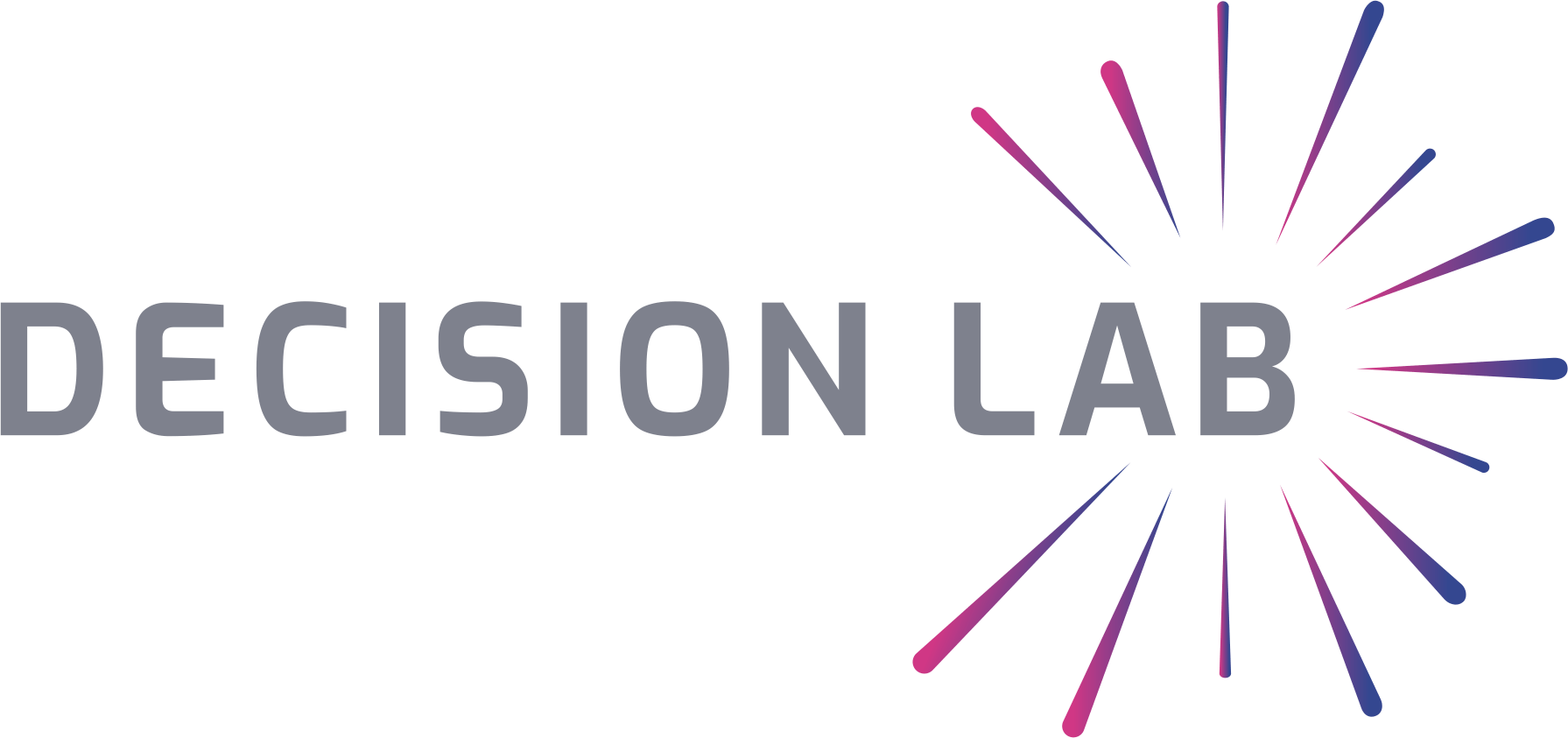UK Space Agency & Satellite Applications Catapult
SATELLITES FOR BATTERIES
PARTNERS

CLIENTS

With transport being the UK’s biggest contributor to greenhouse gas emissions, the transition from conventional engines to Electric Vehicles (EVs) is vital but will bring an unprecedented increase in demand for battery metals and particularly lithium. Today mining companies are facing a huge challenge to meet growing demands, for EVs and the huge range of electronic goods that proliferate the modern world. The potential of lithium mining in Cornwall is high and this has been recognised by the government in its 10-year Integrated Defence and Security Review published in March 2021, which also highlights how important this is to the UK.
Is there a way that allows for a cost-effective and environmentally conscious exploration of the battery metal deposits? Surprisingly the answer lies not only on the ground, but also in space. The Satellite Applications Catapult is leading on a space and mining industry collaboration that uses satellite data to increase the identification of these metals both in the UK and internationally. Combining the data from space with advanced analytics will help to transfer revolutionary science and technology into world class capabilities, and help boost the UK economy.
The Satellite Applications Catapult invited Decision Lab to join its consortium made up of innovative mineral exploration company Cornish Lithium, leading space technology companies CGG Satellite Mapping, Terrabotics, and Pixalytics, and all supported by the University of Exeter’s Camborne School of Mines and the British Geological Survey.
The solution from this collaboration was a data processing and machine learning pipeline that produces prospectivity maps for multiple metals using inputs from satellites and other remote sensing data. Gathering data in such a way and processing it through our AI based approach reduces the cost and environmental impact. The result is an AI model that helps to identify new target areas for battery metal extraction to meet the growing demand for critical minerals.

Let’s collaborate
Send us an email, to discuss a new project.
We’re a team of innovators who are excited about unique ideas and help companies to create amazing solutions.

